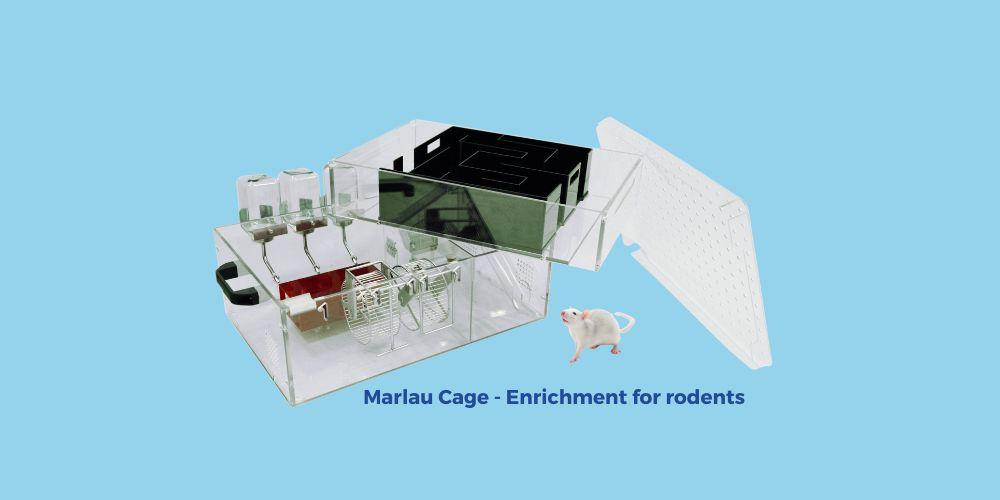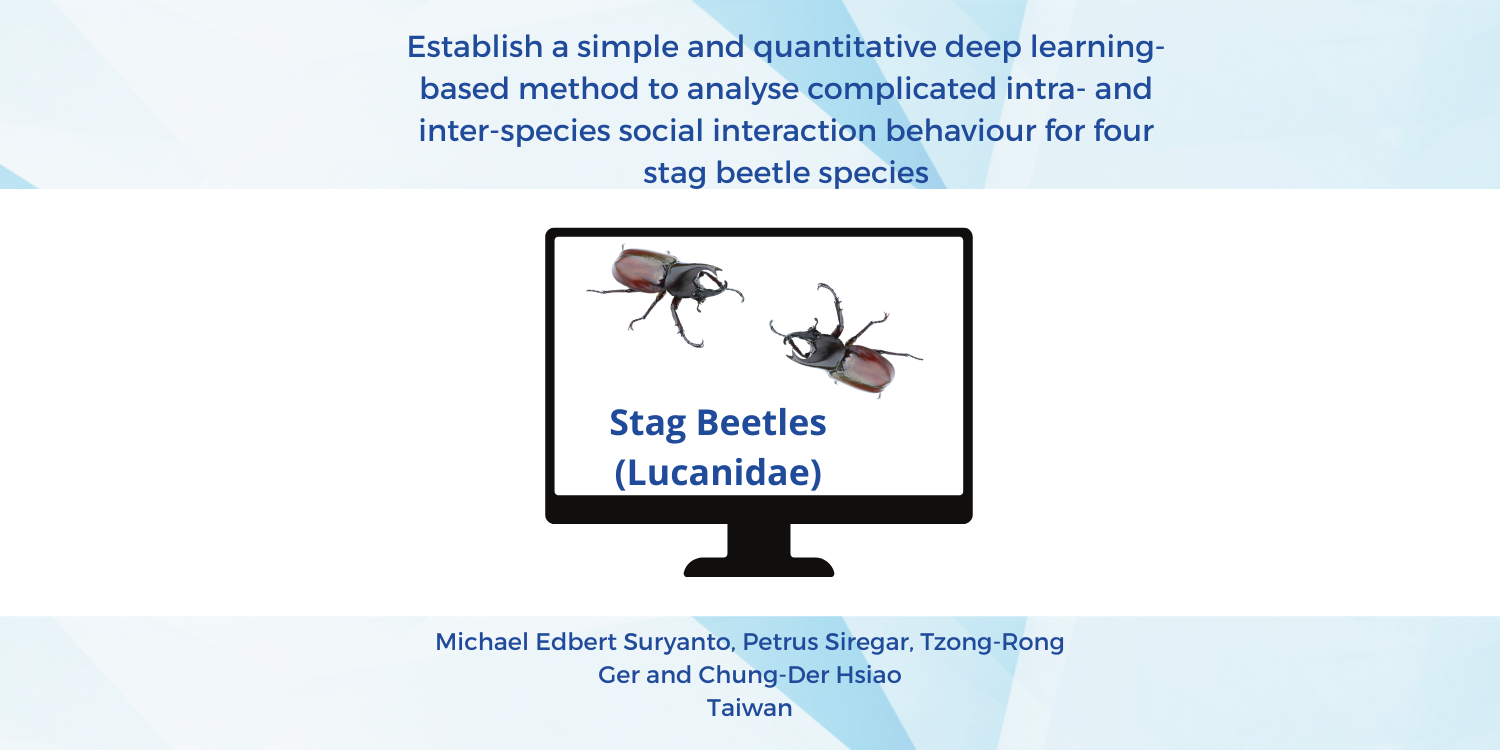Enriched housing for rodents has become a significant topic in laboratories. Providing rodents with a stimulating and varied environment can have profound effects on their behavior, cognition, and overall well-being. Let's explore the advantages of enriched housing, highlighting solutions like the Marlau Cage, and summarize key findings from a scientific paper on the effects of complex housing on the excitation-inhibition balance in the infralimbic prefrontal cortex of male C57Bl/6 mice.
The Importance of Enriched Housing
Enriched housing refers to the practice of providing rodents with a more complex and stimulating environment than standard laboratory cages. This can include a variety of features such as tunnels, climbing structures, nesting materials, and social interaction opportunities. The benefits of enriched housing are numerous :
Improved Cognitive Function: Rodents in enriched environments often show enhanced learning and memory capabilities.
Reduced Stress and Anxiety: Enriched housing can mitigate stress and anxiety, leading to better overall mental health.
Enhanced Physical Health: Increased physical activity and exploration can improve cardiovascular health and muscle tone.
Social Benefits: Social interaction in enriched environments can promote better social behaviors and reduce aggression.
Example of enriched housing: The Marlau Cage
One of the innovative solutions in enriched housing is the Marlau Cage. This cage is designed to provide a highly stimulating environment for rodents, featuring multiple levels, tunnels, and various enrichment items. The Marlau Cage encourages natural behaviors such as climbing, burrowing, and exploring, which are essential for the rodents' mental and physical well-being.
Key Features of the Marlau Cage:
-
Multi-Level Design: Allows for vertical exploration and climbing.
-
Tunnels and Hideouts: Provides opportunities for burrowing and hiding, mimicking natural habitats.
-
Enrichment Items: Includes mazes, wheels and other stimulating objects to keep rodents engaged.
-
Social Interaction: Can accommodate multiple rodents, promoting social behaviors.
Scientific Insights: Complex Housing and Neural Balance
A recent scientific paper titled "Complex housing in adulthood state-dependently affects the excitation-inhibition balance in the infralimbic prefrontal cortex of male C57Bl/6 mice" provides valuable insights into the neurological benefits of enriched housing. The study found that complex housing environments can significantly affect the excitation-inhibition balance in the infralimbic prefrontal cortex, a region crucial for cognitive control and emotional regulation.
Key results :
-
Enhanced Neural Plasticity: Complex housing was associated with increased neural plasticity, which is essential for learning and adaptation.
-
State-Dependent Effects: The effects of complex housing were state-dependent, meaning that the benefits varied based on the initial state of the mice. For example, mice that were initially more anxious showed greater improvements in neural balance.
-
Improved Cognitive Control: The infralimbic prefrontal cortex, which is involved in cognitive control and decision-making, showed enhanced functionality in mice housed in complex environments.
-
Reduced Anxiety: The study also noted a reduction in anxiety-related behaviors, further supporting the mental health benefits of enriched housing.
Conclusion
Enriched housing for rodents offers a multitude of benefits, from improved cognitive function to reduced stress and anxiety. Innovations like the Marlau Cage provide practical solutions for creating stimulating environments that promote natural behaviors. Scientific research continues to validate the positive effects of complex housing on neural function and overall well-being, underscoring the importance of enriched housing in laboratories.
By prioritizing enriched housing, we can ensure that rodents lead healthier, happier lives, which is not only ethical but also beneficial for scientific research.
📚 Read the Paper: Complex housing in adulthood state-dependently affects the excitation-inhibition balance in the infralimbic prefrontal cortex of male C57BI/6 mice.
Authors : Henk Karst, Arianna Riera Llobet, Marian Joëls, Rixt van der Veen
🌐 Learn More About : Marlau Cage
See More Publications with Marlau Cage :
- Effect of Acute Enriched Environment Exposure on Brain Oscillations and Activation of the Translation Initiation Factor 4E-BPs at Synapses across Wakefulness and Sleep in Rats
- Enriched environmental exposure reduces the onset of action of the serotonin norepinephrin reuptake inhibitor venlafaxine through its effect on parvalbumin interneurons plasticity in mice
- Standardized environmental enrichment for rodents in Marlau Cage
- Environmental conditions strongly affect brain plasticity
- Environmental enrichment extends ocular dominance plasticity into adulthood and protects from stroke-induced impairments of plasticity





